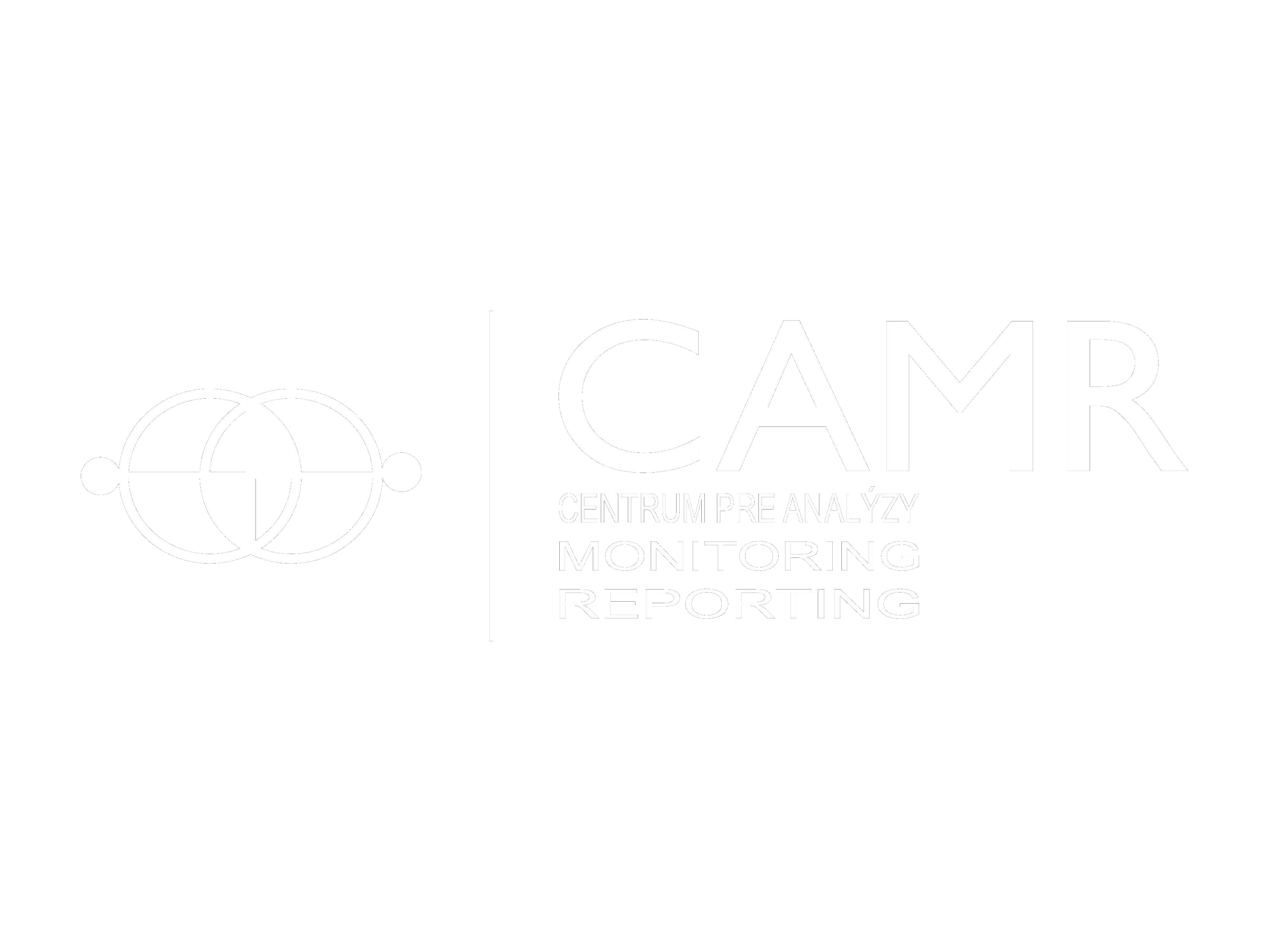The International Panel for Climate Change has issued its Sixth Assessment Report on the state of climate change. One of the most warning conclusions that raised a wave of interest from the general public was a prediction of 1.5°C warmings of planet Earth until 2100. This essentially means that attempts to stop or at least slow down global warming were not successful. The state of the environment has become a prime topic and concern even in international politics. This article will focus on the findings of a Report on Africa since it is the most affected continent by changing climate.
What does climate change mean for Africa?
According to the data acquired by the IPCC working group, the last two decades of the 21st Century in Africa will be approximately 2°C warmer than decades hundred years ago (IPCC, 2021). Climate change will also be visible in the amount of precipitation. Sub-Saharan Africa can expect extreme rainfalls while North and South will be short on rains. The ecosystems around the world are already rapidly changing and, as the weather changes, are bound to continue so they will suffer even more. The lack of suitable water sources is already a problem for the continent. Water is crucial for life, but it is also a key factor in economic and social development. The report urges authorities to create complex solutions on retention of precipitation which is important for agriculture. Although some adaptive measures have been taken, the new report is sceptical on whether it will have a desirable long term effect. Insufficient access to safe and clean water, bad sanitation conditions and poor sources of food have an impact on human health which also leads to the dissemination of diseases. Climate change is obviously a rather complex issue that requires immediate measures since its effects will be seen in every aspect of life, not only on the African continent.
What is next?
The biggest issue the measures are facing are insufficient institutional capacities as well as financing. Although IPCC acknowledges effort from governments, most of the projects remain small in scale. The specific target for Africa is to slow down global warming from a predicted 2°C to 1,5°C till the end of the century (IPCC, 2021). Some measures needed for reaching this target will, however, have some negative effects on human life. Agricultural production could be reduced due to set ecological conditions. This would only add to already problematic food safety and poverty. In addition, urbanization in Africa is rapidly growing, it is expected that three times more people will live in or close to the cities in 2050 (Komolafe & Uwadilachi, 2021).
The international society should, therefore, help African governments to take the needed measures in a way that would bring desired results and wouldn’t hurt the population. African countries have the right to ask the developed (mostly Western) countries to provide them with financial support as they are the ones historically responsible for the current state of the global environment. African politicians will get the opportunity to urge their international partners to take action at the COP26 conference in November 2021 in Glasgow where delegates are set to discuss frightening conclusions of the presented report. The IPCC will release two more reports at the beginning of next year that should provide concrete answers to the questions on what measures to take and how to help the quickest warming continent avert environmental disaster (Komolafe & Uwadilachi, 2021).
Author: Zuzana Gajdošová
Sources:
Photo Source: United Nations. (https://www.un.org/africarenewal/sites/www.un.org.africarenewal/files/482450.jpg).
Komolafe, O., & Uwadilachi, G. (2021). What the climate emergency means for Africa. The Republic. 16. 08. 2021 (https://republic.com.ng/august-september-2021/a-climate-emergency/).
Mbugua, S. (2021). IPCC climate Report, Africa has no time justify! Africa Climate Conversations. 17. 08. 2021 (https://africaclimateconversations.com/ipcc-report-africa-has-no-time-justify/).
IPCC. (2021). Climate Change 2021: The Physical Science Basis. Contribution of Working Group I to the Sixth Assessment Report of the Intergovernmental Panel on Climate Change.




















